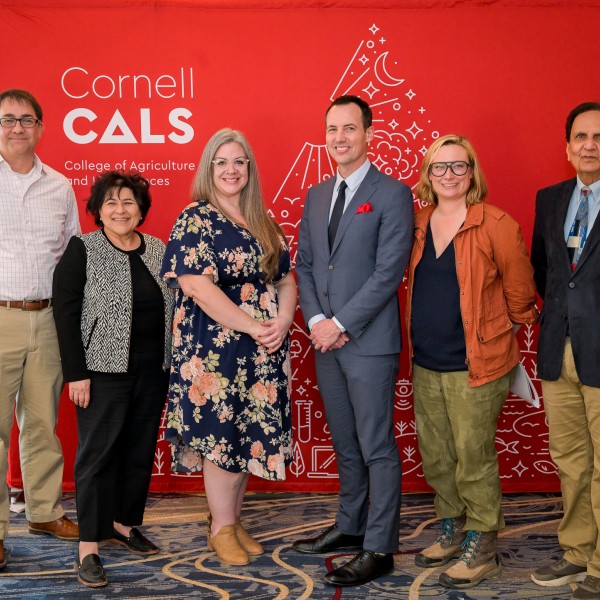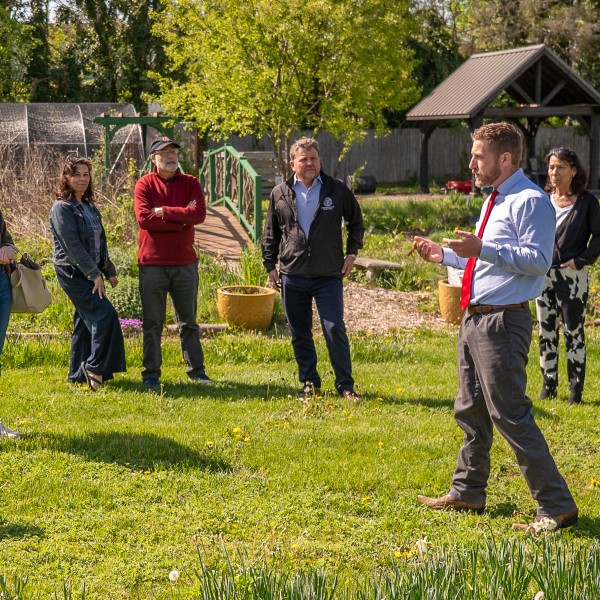Academic focus: Computational ecology and behavior.
Research summary: My lab studies how organisms generate behavior during ecological interactions – for example, when competing with other organisms for food, pursuing and capturing prey, escaping from predators or interacting socially with group-mates. We are interested in the computational and neural mechanisms by which these behaviors are generated, and also in the implications these behaviors have for ecosystem function and behavioral evolution.
What do you like to do when you’re not working?
Lots of things: a few of my favorites are surfing, free diving, cooking, traveling, photography, hanging out with my family and attempting to build furniture out of wood.
What are three adjectives people might use to describe you?
On my best days I strive to be fascinated, collaborative and open-minded.
What (specifically) brought you to Cornell CALS?
I was drawn to CALS and Cornell by the genuine and driving curiosity I sensed among the faculty in my visits to campus. One just has the feeling that people are passionate about learning and deeply interested in understanding what you are studying and why. To me, this is the essence of what an academic environment should be.
What do you think is important for people to understand about your field?
We are entering an era where the volume and quality of data in the fields of ecology and behavior is changing by leaps and bounds, to the degree that we can begin putting many classic hypotheses to the test. We’re realizing that a lot of what we thought we knew as a field was wrong, and at the same time, data are revealing new theoretical principles that were previously hidden. It’s such an exciting time, and one in which our field really needs people who are passionate about finding the most meaningful ways to use new data sources.
Why did you feel inspired to pursue a career in this field?
I’ve always been fascinated with understanding how living things work. Theoretical ecology and evolutionary biology really drew me in because they have this strong foundation of conceptual understanding (codified in mathematics) that help explain why things are the way they are and how different phenomena in biology are related to one another. At the same time, there are so many phenomena we observe every day that are, frankly, beyond the reach of our current knowledge. The fact that there remain so many open questions in my field that are only now becoming accessible is something I find very exciting.
What’s the most surprising/interesting thing you’ve discovered about Cornell and/or Ithaca so far?
The degree to which the community has been welcoming, interactive and fun has exceeded our expectations.
If you had unlimited grant funding, what major problem in your field would you want to solve?
I am fascinated by the feedback between individual and collective behavior in biological systems, and by the ways in which this feedback can drive ecological and evolutionary processes. The mathematical theory for understanding individual-to-collective feedback is relatively new, but growing in promising directions. Pushing forward in this area would be a great use of resources.





